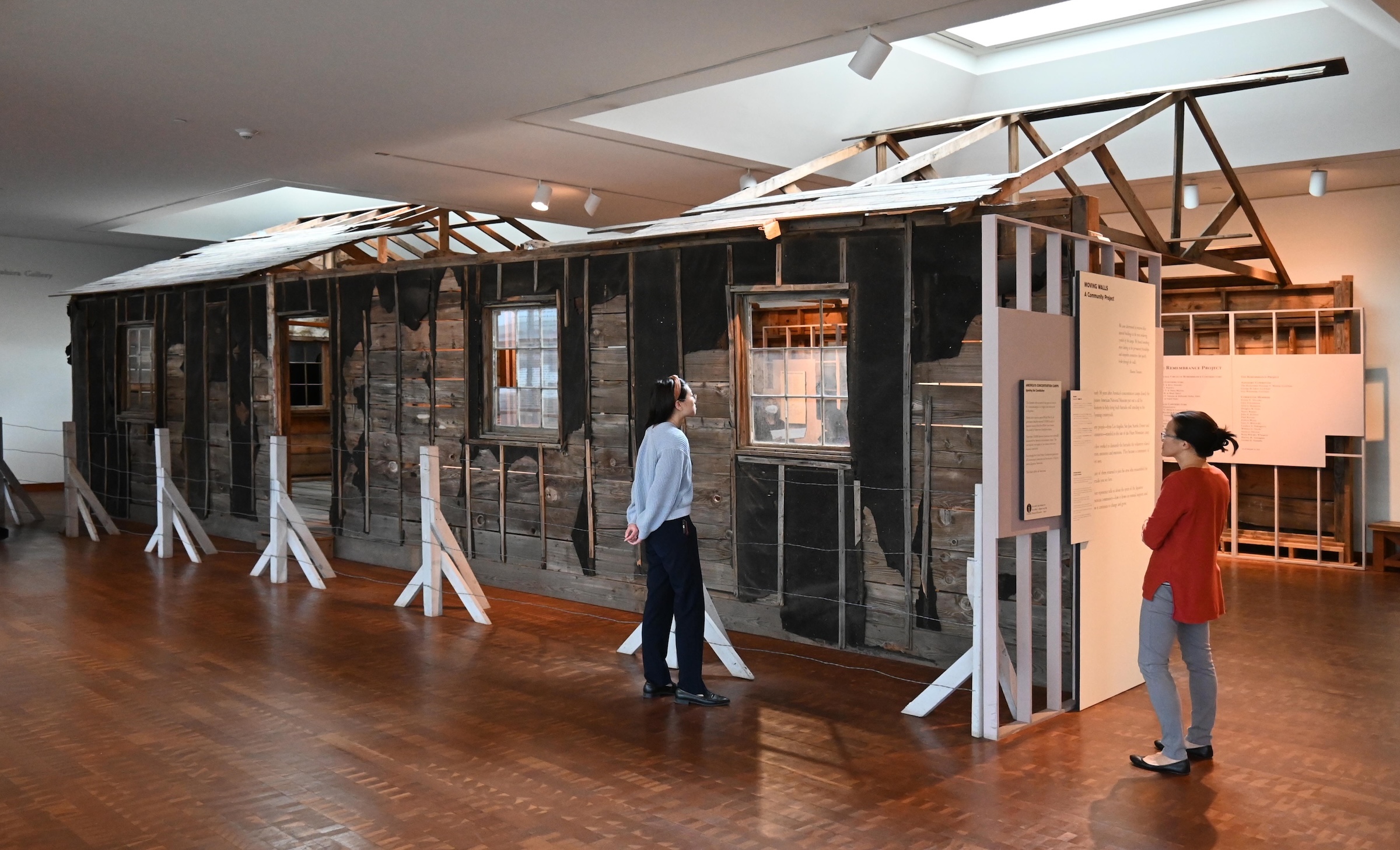The Japanese American National Museum (JANM) made headlines last week after the institution’s board chairman Bill Fujioka told the Los Angeles Times that JANM would continue to embrace diversity, equity, and inclusion (DEI) in the face of widespread federal funding cuts and pressures.
“Our community is based on diversity, equity is guaranteed to us in the Constitution, and inclusion is what we believe in,” Fujioka told the LA Times.
The JANM, founded by Japanese World War II veterans and local businessmen in 1992, is one of numerous museums across the United States facing sharp funding cuts resulting from the Trump administration’s effective dismantling of the federal grantmaking agencies Institute of Museum and Library Services (IMLS) and the National Endowment for the Humanities (NEH) occurring in quick succession over the last month.
JANM is also an official affiliate of the Smithsonian Institution, the subject of Trump’s recent executive order commanding Vice President JD Vance to “eliminate improper, divisive, or anti-American ideology” from the network’s museums, research centers, and National Zoo.
Even before the cuts, federally funded arts institutions, including the National Gallery of Art and the Smithsonian, have set a concerning precedent by removing language associated with DEI from websites and official programs.
In February, the National Endowment for the Arts — a federal agency — eliminated a grant program for “underserved communities” and scrubbed Biden-era DEI commitments from its official website.
JANM’s Chief Executive Officer and President Ann Burroughs told Hyperallergic that the museum received notice on Friday that its $190,000 NEH grant to hold workshops on the history of the Little Tokyo neighborhood had been terminated “due to a change in the administration’s funding priorities.”
Burroughs said that over two years, the workshop had trained more than 100 teachers across 31 states, potentially impacting 21,000 students.
JANM had been preparing to host 76 teachers for its upcoming iteration of the program, during which educators would visit the Manzanar Historic Site, one of 10 concentration camps where Japanese Americans and immigrants were forcibly held during World War II.
An anonymous donor has since contributed enough to replace onsite costs for the previously NEH-funded workshop, and Burroughs said the institution’s annual benefit and online auction this Saturday will hopefully bring in more donations.
Burroughs said the museum is also bracing for the “likely loss” of its IMLS grants, including a $1.25 million grant to upgrade the building’s HVAC system to better care for its 160,000-item collection documenting Japanese American history.
As of now, federal grants comprise 10% of the institution’s yearly operating budget, according to Burroughs. In 2023, the JANM’s annual expenses of $12.1 million were the highest they’ve ever been since ProPublica’s Nonprofit Explorer tool began tracking the museum in 2012.
Surprisingly, after NEH cuts hit the museum, Burroughs said JANM received an influx of individual donations over the course of two days.
“These came from people all over the United States, most of them new to JANM, and in amounts from $5 to $500,” Burroughs said. “This spontaneous show of support has encouraged us to reach out to our members and community to ask them to help at this time.”
When asked why the museum has chosen to stand by its DEI commitments in the face of administrative pressures, Burroughs told Hyperallergic, “There is no way to separate this difficult history, nor the culture and accomplishments of Japanese Americans, from a greater understanding of America’s cultural and ethnic diversity.”
“Our Museum stands as a place of memory, truth, and justice, where history is not only preserved but actively used to confront contemporary threats to democracy and human dignity,” Burroughs continued. “We hear every day about the powerful impact that the stories we tell have on our visitors from all walks of life.”

